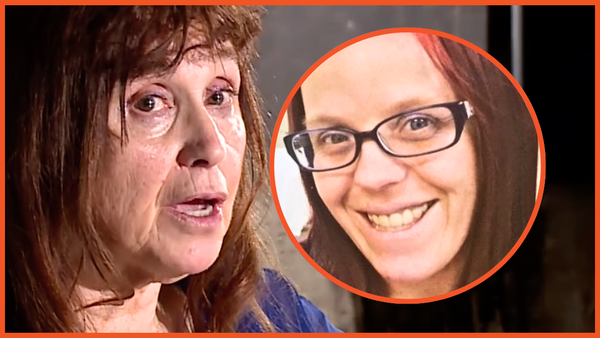
Police mounted a heavy presence across Nairobi on Monday, blocking roads and deterring anti-government protesters as Kenya marked Saba Saba Day, the anniversary of the 1990 pro-democracy uprising. The city’s usually bustling streets were largely deserted, with many residents opting to stay home amid fears of violence.
Saba Saba Day, meaning “Seven Seven”, commemorates the mass demonstrations that forced Kenya’s return to multi-party democracy after years of autocratic rule.
This year, police set up roadblocks and restricted access to central Nairobi, where previous rallies have taken place. Most businesses remained closed, and an online map showing at least 20 police roadblocks was widely shared on social media.
Despite the clampdown, small groups of mainly young protesters gathered on the outskirts of the city, clashing with anti-riot police.
Officers fired tear gas at crowds, who responded with rocks and, in some cases, looting and vandalism. Journalists of the French press agency AFP witnessed at least two people wounded in the confrontations, as well as property destruction in surrounding areas.
Protesters on a major highway chanted “Ruto Must Go” and “one term” in a direct challenge to President William Ruto.
The protests reflect growing frustration among Kenya’s youth, who face economic hardship, corruption, and alleged police brutality.
Demonstrations last month descended into violence and looting, leaving dozens dead and thousands of businesses destroyed. Protesters accuse the authorities of using armed vandals to discredit their movement, while the government has compared the unrest to an “attempted coup”.
Police block roads to Kenyan capital on anniversary of pro-democracy protests
The heavy police response appears to have discouraged many from joining the marches. At least 80 people have died in protests since June last year, according to rights groups, and dozens have reportedly been detained without charge.
“I have never witnessed the city centre like this,” said security guard Edmond Khayimba, 29. Motorbike driver Rogers Onsomu, 32, said he hoped more would join the demonstrations later, criticising President Ruto for failing to deliver on promises, especially on healthcare.

Tensions have also been heightened by attacks on civil society.
On Sunday, men armed with sticks stormed the compound of the Kenyan Human Rights Commission during a press conference condemning enforced disappearances and extrajudicial killings.
Since his election in 2022, President Ruto has formed an uneasy alliance with opposition leader Raila Odinga, leaving no clear challenger for the 2027 election. However, each violent crackdown seems to fuel further unrest.
“Every time people organise a protest, they kill more people, so it just continues to feed off itself,” said activist Nerima Wako.
African politics expert Gabrielle Lynch of the University of Warwick observed that the government appeared to be recycling tactics from the 1990s. “But we’re not in the nineties,” she said. “They don’t seem to have realised the world is different.”
(With newswires)







